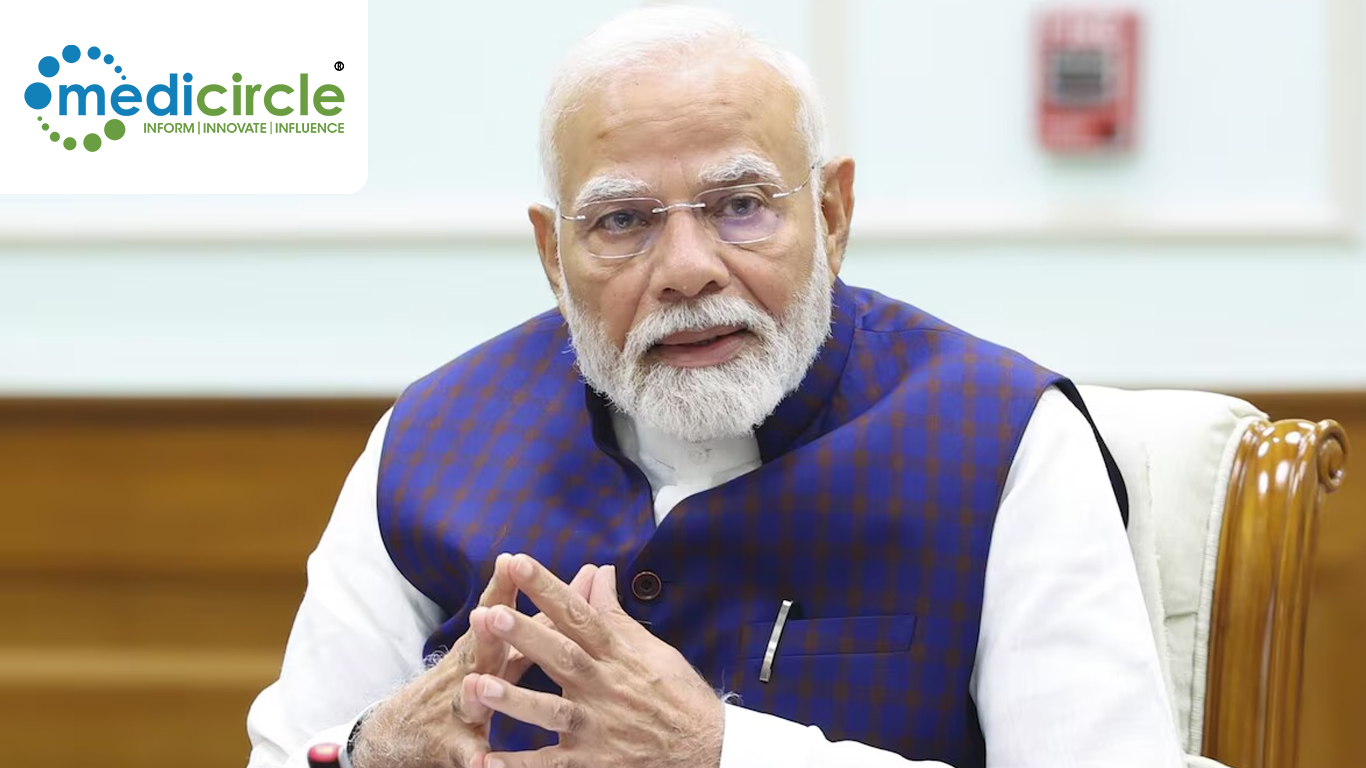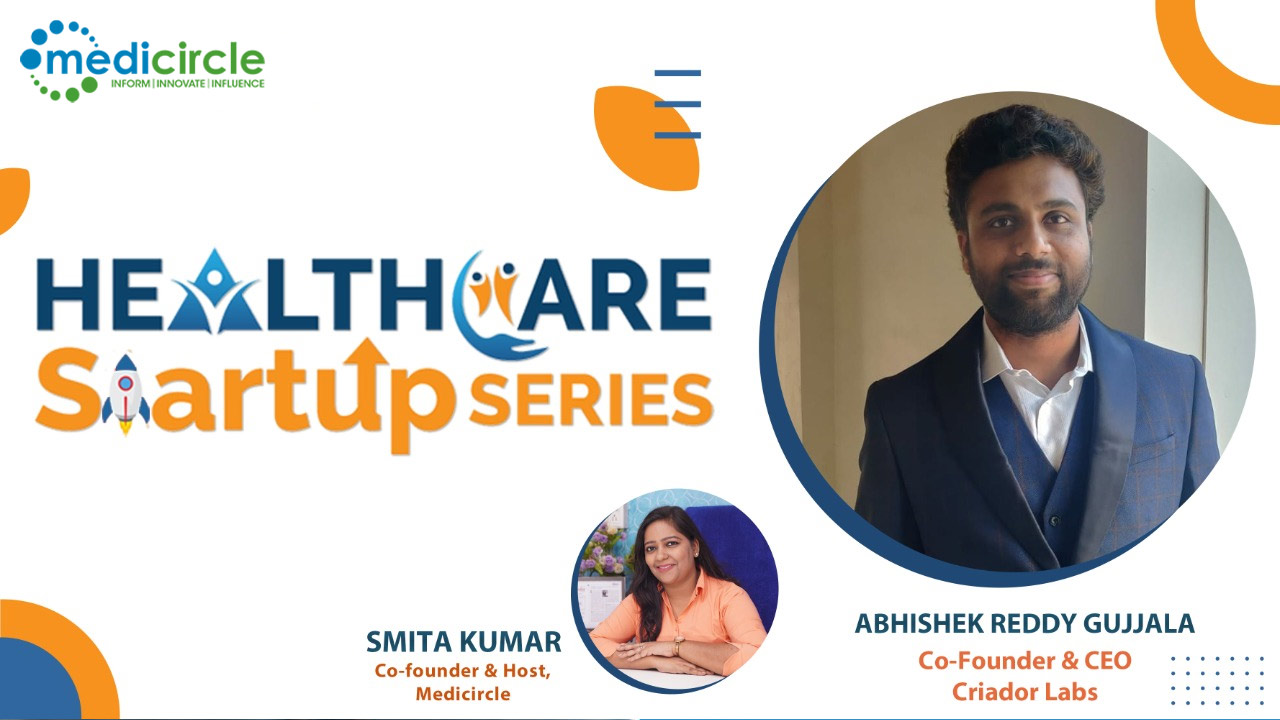Prediabetes is associated with an increased risk of cardiovascular disease and death in both the general population and in patients with a history of heart problems, finds a review of the available evidence published by The BMJ recently.
The findings suggest that screening and proper management of prediabetes may help to prevent cardiovascular disease in otherwise healthy individuals (known as primary prevention) as well as those with existing heart problems (known as secondary prevention).
Prediabetes is a “pre-diagnosis” of diabetes - when a person’s blood sugar level is higher than normal, but not high enough to be considered diabetes. It is estimated that more than 470 million people worldwide will have prediabetes by 2030 and up to 70% of them will eventually develop type 2 diabetes.
Possible links between prediabetes and risk of heart disease and death have become a focus of interest in recent years. But results have been inconsistent, and the term prediabetes remains controversial.
To explore this further, researchers at Southern Medical University in China analyzed the results of 129 studies on associations between prediabetes and the risk of cardiovascular disease (CVD) and death from any cause (all-cause mortality) in individuals with and without a history of heart disease.
The studies involved over 10 million individuals. Most were of high quality and took account of other potentially important factors, such as age, sex, ethnicity, and lifestyle.
The results show that in the general population, prediabetes was associated with a 13% increased risk of all-cause mortality and a 15% increased risk of cardiovascular disease, over an average follow-up time of around 10 years. It also carried a higher risk of coronary heart disease and stroke.
In absolute terms, this equates to 7 extra deaths per 10,000 person-years and almost 9 extra cases of cardiovascular disease per 10,000 person-years in the general population, compared with normal blood sugar levels.
In patients with a history of heart disease, prediabetes was associated with a 36% increased risk of all-cause mortality and a 37% increased risk of cardiovascular disease, over an average follow-up time of around 3 years, but no difference was seen for the risk of stroke.
In absolute terms, this equates to 66 extra deaths per 10,000 person-years and almost 190 extra cases of cardiovascular disease per 10,000 person-years, compared with normal blood sugar levels.
The researchers also found that impaired glucose tolerance (higher than normal blood sugar levels after eating) carried a higher risk of all cause mortality, coronary heart disease and stroke than impaired fasting glucose (higher than normal blood sugar levels after a period of fasting).
This analysis has several strengths, including the high quality and large size of included studies. However, the researchers had no access to individual participants’ data and cannot rule out the possibility that some of the observed risks may have been due to unmeasured factors.
Nevertheless, they conclude: “Prediabetes is associated with an increased risk of all-cause mortality and CVD in both the general population and patients with a history of heart disease. Screening and proper management of prediabetes “may contribute to primary and secondary prevention of CVD.”

 Research suggests that the proper management of prediabetes may help to prevent cardiovascular disease
Research suggests that the proper management of prediabetes may help to prevent cardiovascular disease 






.png)













.jpeg)

.jpeg)










.jpg)




.jpg)

